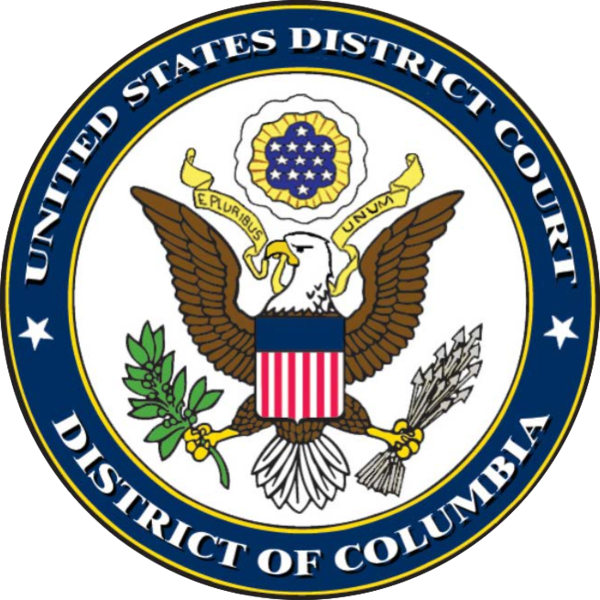Important Notice Regarding Individuals’ Right of Access to Health Records
On January 25, 2013, HHS published a final rule entitled “Modifications to the HIPAA Privacy, Security, and Enforcement Rules Under the Health Information Technology for Economic and Clinical Health Act, and the Genetic Information Nondiscrimination Act; Other Modifications to the HIPAA Rules.” (2013 Omnibus Rule). A portion of that rule was challenged in federal court, specifically provisions within 45 C.F.R. §164.524, that cover an individual’s access to protected health information. On January 23, 2020, a federal court vacated the “third-party directive” within the individual right of access “insofar as it expands the HITECH Act’s third-party directive beyond requests for a copy of an electronic health record with respect to [protected health information] of an individual . . . in an electronic format.” Additionally, the fee limitation set forth at 45 C.F.R. § 164.524(c)(4) will apply only to an individual’s request for access to their own records, and does not apply to an individual’s request to transmit records to a third party.
The right of individuals to access their own records and the fee limitations that apply when exercising this right are undisturbed and remain in effect. OCR will continue to enforce the right of access provisions in 45 C.F.R. § 164.524 that are not restricted by the court order. A copy of the court order in Ciox Health, LLC v. Azar, et al., No. 18-cv-0040 (D.D.C. January 23, 2020), may be found at https://ecf.dcd.uscourts.gov/cgi-bin/show_public_doc?2018cv0040-51.
[PUBLISHER NOTE: It is not currently clear whether OCR will appeal this ruling, but CMS’s prompt notification suggests that it might not appeal. If this ruling stands, covered entities and their business associates may still be restricted on charges and forms of record delivery if their own state has laws that regulate charges for medical records. The state of Wisconsin, for instance, has such a record law which requires that records provided to the patient or representative are to be provided without charge. The Wisconsin courts recently ruled that attorneys representing the patient were “patient representatives” and could not be charged the statutory rate for other requesters.]

Does this mean, as an example and for argument sake, that when switching dentists (to leave doctors out of the picture for now), the new dentist should be able to request and receive electronic records and electronic Xrays of the first dentist to continue treatment or for a second opinion?
That seems logical, but the report does not go into that much detail.